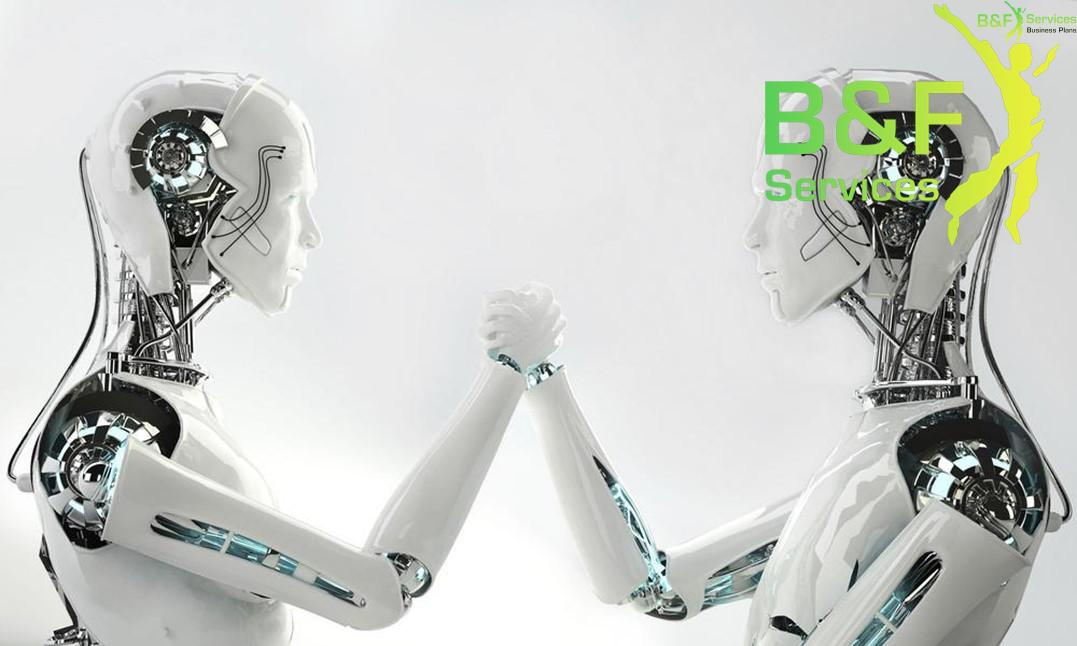

Top Technology Trends to Watch in 2018:
AI; intelligent Apps and Analytics; Intelligent Things; Cloud Technology, Immersive Experience; Conversational Platform; Immersive Experience; Blockchain; Event Driven and Cyber Security.
If you are running a small business, there is no telling how much pressure you may feel in keeping up with the latest technology. The Gartner Hype cycle is an annual publication that graphically represents the expectation (or hype quotient) of a technology against the actual derived results over time.


If you have been following the latest innovations, there has been no end to the continuous chiming of blockchain, immersive experience, Artificial Intelligence (AI), Machine Learning and Virtual Reality (VR) for example. Some startups may likely feel threatened and somewhat out of touch when they do not offer any of these cool technologies with their business models. As a result are unlikely to attract as much interest as their peers who do. Now then, what exactly is recommended and if you are already running your business how would you respond to the threat of robots so-called taking over jobs? How exactly can technology be optimised and what can a non-technology business do to make sure they are on the cutting edge?
We put together some of our tips below as we know the benefits of technology cannot be underestimated although the overall assimilation and actual benefits to the business may take some time to implement.
- Automation
There are implications of technology for a range of industries such as health care, transport and logistics, customer service, and business intelligence. Technology can free workers and business owners from some of their day-to-day repetitive work to allow for a better approach to more complicated and positive tasks.
The most automated countries in the world, according to the International Federation of Robotics (IFR), are Korea, Japan and Germany. In the United States, robot shipments increased have increased while in China, despite low wages, automation reached a new peak of 22,600 units, a growth of 51 per cent.
At the most basic levels, there are various automations that can be brought into business processes and companies installing these systems, are reaping tremendous benefits of improved productivity. Thus, harnessing both manpower and machinery to increase quality by ensuring consistent output and reduced waste/rework, quickening customer response with platforms enabled for taking, adapting and changing customer orders. Similarly, on the upside, there are also benefits in enhanced employee performance as a result by the automation of hazardous, arduous or tedious/repetitive jobs.
This graph provided by PwC shows the UK sectors most likely to benefit from automation by the early 2030s.


Reportedly, highly automated businesses are six times more likely to experience annual revenue growth of 15 per cent versus those with low or no automation. Therefore, rather than feel threatened or left out, small business owners can look to automation with the expectation to increase productivity, profit and overall business efficiency.
- Lower Costs/Quicker Delivery
According to a McKinsey Global Report one of the main benefits of technology was the reduced costs, identified by about one-third of their survey respondents. 3D printing technology for example is illustrates how prototyping has become cheaper. It allows ideas to develop faster than ever. By 3D printing a concept the same day it was designed, shrinks a development process from what might have been months to a matter of days, helping businesses stay one step ahead of their competition. Other benefits include making breakthroughs at early stages that are relatively inexpensive leading to better products and less expensive dead-ends.
Similarly, human errors are inevitable and can be circumvented by using technology to proof necessary business procedures. This can ultimately minimise the costs associated with human errors in the workplace which may ruin a business’ reputation.
Furthermore, Amazon and other delivery services are trialling drones and robotic delivery pods. For example Domino’s Pizza are introducing DRU, a robot “autonomous delivery vehicle” for pizzas in Australia. These solutions can ensure quicker and cheaper service delivery for these businesses.
Indeed, there are costs associated with the uptake of technology, but the cost benefit assessment means there is a net benefit to the business in the long run.
- Education
Business owners are responsible for continually educating themselves and their colleagues on the relevant technologies for their sectors/service areas. There are several consultants and IT strategists here in the UK collaborating with small businesse owners to instruct them on the best and most cost effective technologies to improve their business[1].
While there seems to be endless developments in tech, there has been a lot of fear also about it and thought leaders are calling for more systems to be in place and a rigorous regulatory approach to technology to safeguard their overall good for businesses and humanity alike. The European Commission has a paper tackling this very fundamental topic, which is worth browsing through.
For advice and assistance in relation to accessing any of the information mentioned above or in writing a business plan or information about starting or growing your business; please contact our team in London on 0203 637 6365 or via our enquiry form.








